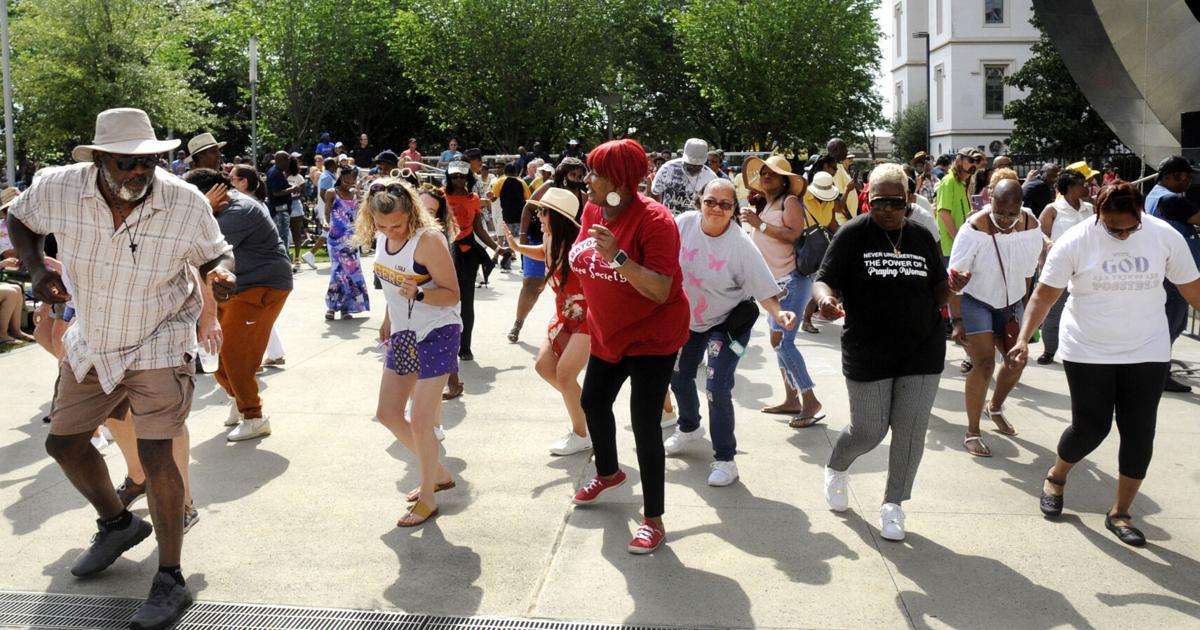U.S. District Judge Shelly Dick of Baton Rouge may one day be remembered alongside the late U.S. District Judge J. Skelly Wright of New Orleans, whose decisions in landmark civil rights cases in the 1960s forever changed Louisiana’s political landscape.
Nowadays, Dick is the presiding judge in a pair of important voting rights cases — the new front lines in America’s long fight for equal rights under the law.
The most high-profile of those two cases is the one dealing with Louisiana’s racially gerrymandered congressional districts. Dick last year issued a 152-page opinion declaring the districting plan illegal under the federal Voting Rights Act of 1965.
The U.S. Supreme Court and the Fifth Circuit Court of Appeals eventually agreed with her. She has ordered state lawmakers to draw a second majority-Black congressional district by Jan. 15. If they don’t, she will draw one herself via a special master.
Meanwhile, Dick on Monday, Nov. 27, will begin presiding over a multi-day trial in a similar challenge to Louisiana’s state House and Senate districts.
Several Black voters and civil rights groups allege that Louisiana’s legislative districts dilute Black voting strength and do not afford Black voters the opportunity to elect state lawmakers of their own choosing. They argue that lawmakers deliberately packed Black voters into as few districts as possible in order to avoid giving them House and Senate seats in proportion to their population.
The legislative redistricting plan that GOP lawmakers rammed through last year kept the number of majority-Black legislative seats the same as it has been for more than a decade — 29 in the 105-member House and 11 in the 39-member Senate — even though Black citizens comprise 33% of Louisiana’s population.
“Proportionality” is not guaranteed by the Voting Rights Act, but when the numbers get far enough out of whack, as they clearly do in Louisiana — and in the face of evidence that lawmakers methodically refused to create more majority-Black districts — the courts can grant relief.
“This case has always been about fairness and representation,” Dorothy Nairne of Assumption Parish, the lead named plaintiff in the legislative districting case, said in a statement released by the Louisiana ACLU last June.
“These maps have real consequences for my community,” Nairne added. “It is time that Black voters all the way from my neighborhood in Napoleonville up to Baton Rouge and Shreveport are able to finally feel real hope that their voices will be heard in our political process. We are eager to see this vision through in the courts.”
The legislative maps case has generated far less attention than the challenge to Louisiana’s congressional districts, but it, too, could alter the state’s political landscape if the plaintiffs prevail.
Republicans have a supermajority in both the state House and Senate, but if Dick finds that the Legislature must have more majority-Black districts, Democrats could gain enough seats to threaten the GOP’s supermajority.
No matter how Dick rules, the case will be appealed, possibly all the way to the U.S. Supreme Court.
One of Louisiana’s GOP House members will lose their safe seat under the court’s ruling undoing district gerrymandering.





































